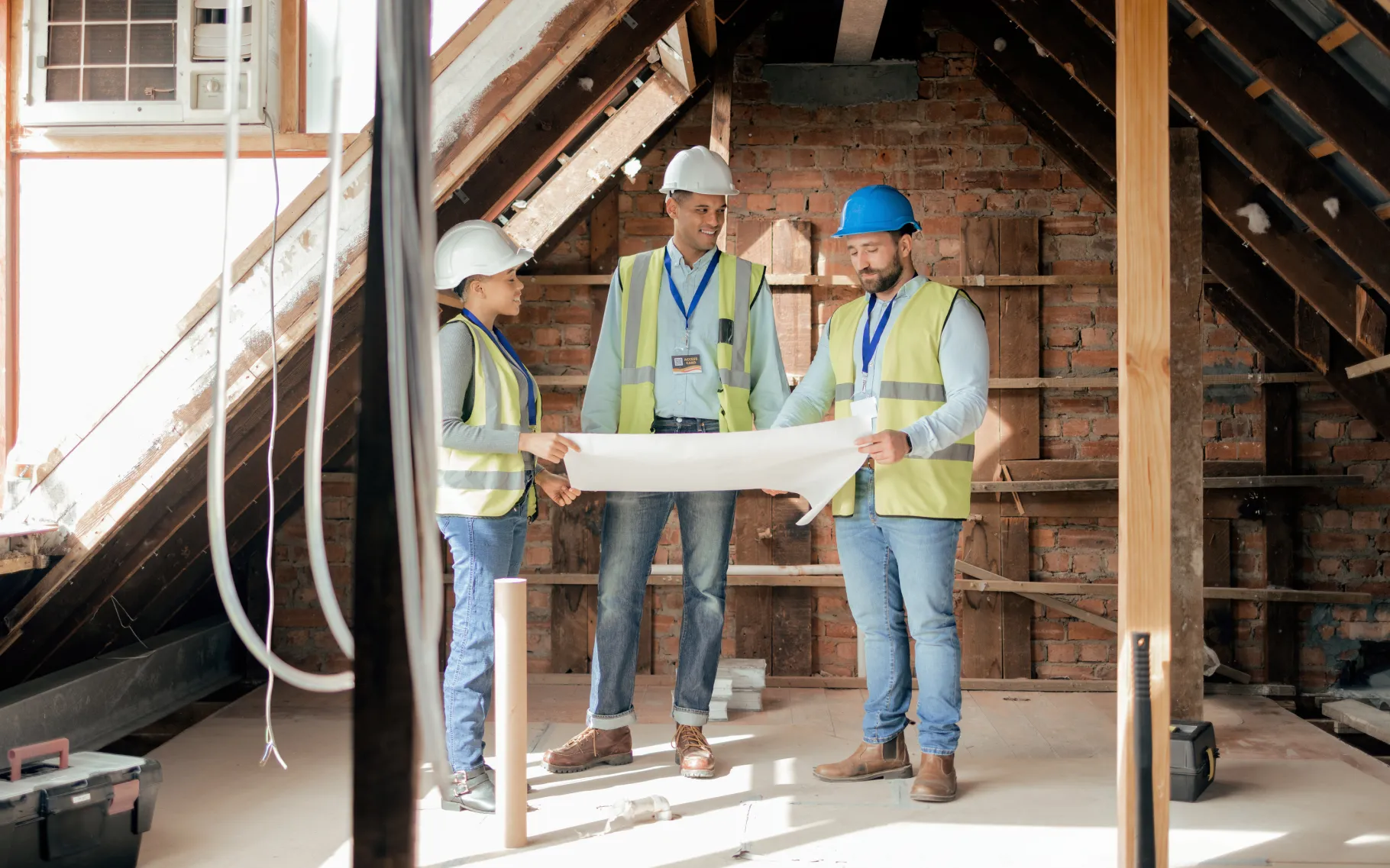Building a structure without obtaining the necessary permits from local authorities can have serious consequences. In many jurisdictions, constructing without a building permit is considered a violation of building codes and regulations and is subject to penalties.
Let’s dive into what could happen if you build without a permit.
What is the penalty for building without a permit?
Failing to obtain a building permit before starting a construction project can result in various consequences, both legal and financial. Consequences vary depending on local regulations and the specific circumstances of the violation.
Fines for building without a permit
Fines are one of the most common penalties for constructing without a permit.
Most local governments have a set schedule of fines based on the size and nature of the project. The fines can be substantial, escalating with the duration of non-compliance or the severity of the offense. For example, in Massachusetts, you can be fined up to $1,000 a day for building without a permit. Building without a permit in California can cost contractors up to $5,000 per violation, while building without a permit in Texas can hit you with a triple permit fee plus $500.
Legal action
In extreme cases or repeated violations, local authorities may initiate legal proceedings against the property owner.
This can result in:
- Court-imposed penalties
- Mandatory demolition of the unauthorized structure
- Other remedies deemed necessary to address the violation
Longer-term consequences
Building without a permit can have long-lasting effects on the property's marketability and insurability. When it comes time to sell or refinance the property, potential buyers or lenders may hesitate due to the lack of proper permits or the potential liabilities associated with unauthorized construction.
To avoid these penalties and ensure a smooth construction process, it is essential to obtain the necessary construction permits before initiating any construction or renovation project. Working in collaboration with the local building department can help ensure compliance with all applicable regulations and ensure the safety and integrity of the structure.
Will anyone know if I don’t have a permit?
Working without proper permits can create unnecessary stress and risks. Building codes require permits to be displayed prominently at construction sites.
Unpermitted work may come to light through any of the following means:
- Building inspectors routinely patrol neighborhoods and can immediately identify construction work in progress. If they discover unpermitted activities, they have the authority to issue stop work orders and remove workers from the site.
- Local residents might file complaints about construction projects, particularly if the work creates disturbances or impacts their property views.
- Property assessments, which may occur yearly, involve detailed evaluations of a home's condition. When assessors document improvements requiring permits, they can cross-reference these with local permit records.
Why building permits are necessary
Building permits safeguard property owners and the community at large.
Here are some of the reasons why building permits are necessary:
- Meet safety standards: Building codes and regulations are implemented to protect the health and safety of building occupants. Permits ensure that construction projects meet these safety standards and minimize the risk of accidents or structural failures.
- Comply with zoning and land use: Permits help ensure that new construction or renovations align with local zoning regulations and land use plans. This helps maintain the overall character and integrity of the community.
- Ensure professional oversight: The permit process involves reviews and inspections by qualified professionals, such as architects, engineers, and building inspectors. Their expertise helps identify potential issues and ensures that the construction is carried out properly.
- Protect investments: Building permits provide legal protection for property owners. When a structure is constructed or modified without a permit, it can lead to complications during property transactions and insurance claims.
What can you build without a permit?
Not every project requires a building permit. There are certain small structures you can build without a permit.
The following projects often don’t require a building permit:
- Small sheds
- Certain fences
- Repainting
- Minor plumbing projects
- Floor upgrades
- Cabinetry installation
Always double check with your local building department before assuming you don’t need a permit for any project.
Key takeaways
Building without a permit may seem like a shortcut, but the potential consequences far outweigh any temporary savings in time or money. From substantial daily fines to legal action and complications with future property transactions, the risks of unpermitted construction can have lasting impacts on your property and finances.
To make the permitting process a little less painful, consider investing in permit software like PermitFlow. PermitFlow automates the permit preparation and submission process at every step so you can pull permits in days, not weeks.
Learn more about PermitFlow during a quick chat with our permitting experts.








